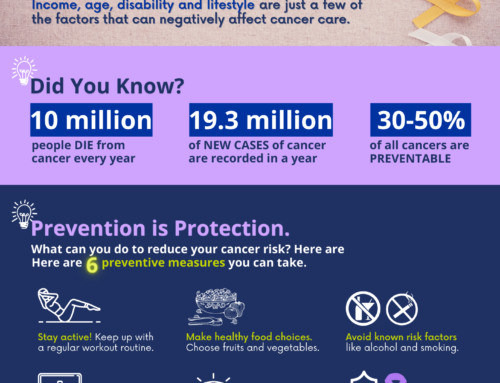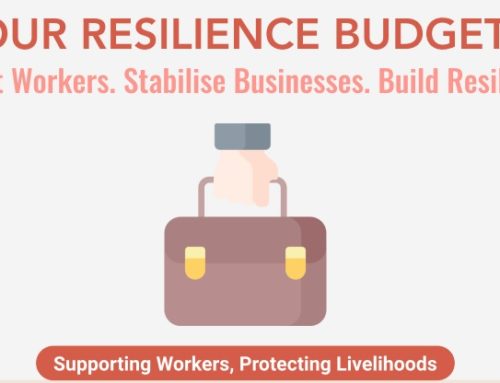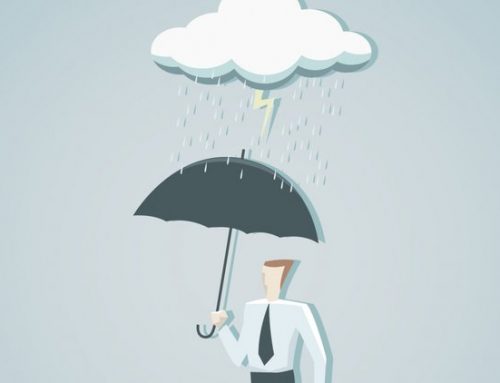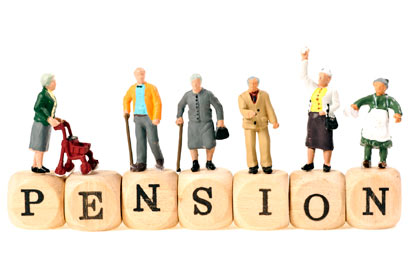A very thought-provoking article written by a Buzzfeed writer in India, titled: The Urban Poor You Haven’t Noticed: Millennials Who’re Broke, Hungry, But On Trend, about how she is seeing more and more millennials among us who are not poor by general standards but living a lifestyle of poverty for the sake of keeping up with certain appearances.
She talks about a marketing executive who can afford to buy a car but ends up sleeping in it because she cannot afford rent. Or a colleague who goes hungry not because her salary cannot afford her the daily nutrition from meals, but she rather spend on it something else than her basic necessity. Is keeping up with appearances and looking glamorous and trendy more important these days than one’s own basic needs? Is the Maslow Hierachy of Needs no longer relevant to the new generations?
I suppose at the end of the day, we all make certain sacrifices for things that we feel are more important. A parent might sacrifice a fancy meal to take their kids out for a day in Sentosa. A student might choose not to go with friends to afford the next iphone. Who are we to judge what a person prioritizes? If your colleague feels that owning that fancy bag is more important than lunch, who are we to say that it is wrong?
Nevertheless, any rational person will feel that it is appropriate to advise that friend to examine his or her priorities and to consider the long term price that one pays more than skipping lunches or living out of a car. By skipping meals and starving oneself, one runs the risk of damaging one’s health which might result in future healthcare expenses. By sacrificing one’s savings that can go into investments to build one’s wealth over buying that car, a person might find it much harder to build a nest egg for the future.
Thus, if you are one of those who might be tempted to sacrifice long-term objectives for short term appearances, think twice! Realize that what we think others care about concerning you, is actually remarkably insignificant. Is your sacrifice really worth the future price you are paying? Isn’t it much wiser to sacrifice for your long-term welfare and benefit?














Recent Comments